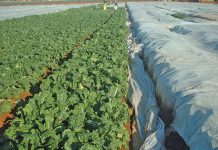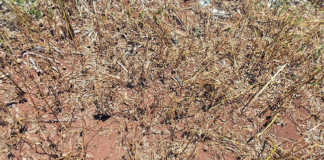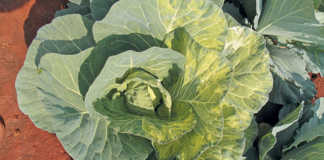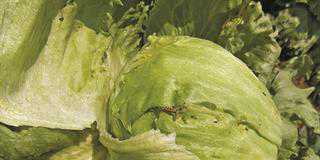Around 25% of perfectly good fruit and vegetables is discarded through poor handling and storage. Fortunately, efforts are being made to address the challenge of post-harvest losses. The Norwegian government, for example, has pledged nearly R20 million for food loss reduction initiatives for smallholder farmers in food-deficit countries. This is a good place to start because it is at grassroots level that the educational process must begin.
Damaged fruit cannot be rectified
If the farmer does not handle and store his products properly, no amount of care further along the supply chain is going to help. Once produce has been bruised or damaged in some way, you cannot ‘repair’ it. I always talk about a ‘culture of care’, be it on the farm or anywhere else in the supply chain. It is the responsibility of all role players to ensure this concept is understood and practised.
Another of my favourite points that I make when training people in post-harvest handling and storage is that the person doing the damage doesn’t see it, the customer does!
And herein lies the rub. How do you get the message across to somebody that they have just damaged the fruit when the damage is invisible? The answer lies in product training, motivation and commitment. Any manager will tell you that these wonderful attributes can be highly elusive and take time to instil in a worker. But it must be done.
Frightening losses
Globally, the loss of food is frightening. We produce enough food but fall short on caring for it and delivering it to the right people at the right time. Distribution is sometimes chaotic, and hungry people are held to ransom by a handful of their greedy countrymen.
It is a profound pity that there are no world leaders with enough backbone to stop this. The price we pay in the interim is millions of starving people when we actually have enough food for all.













